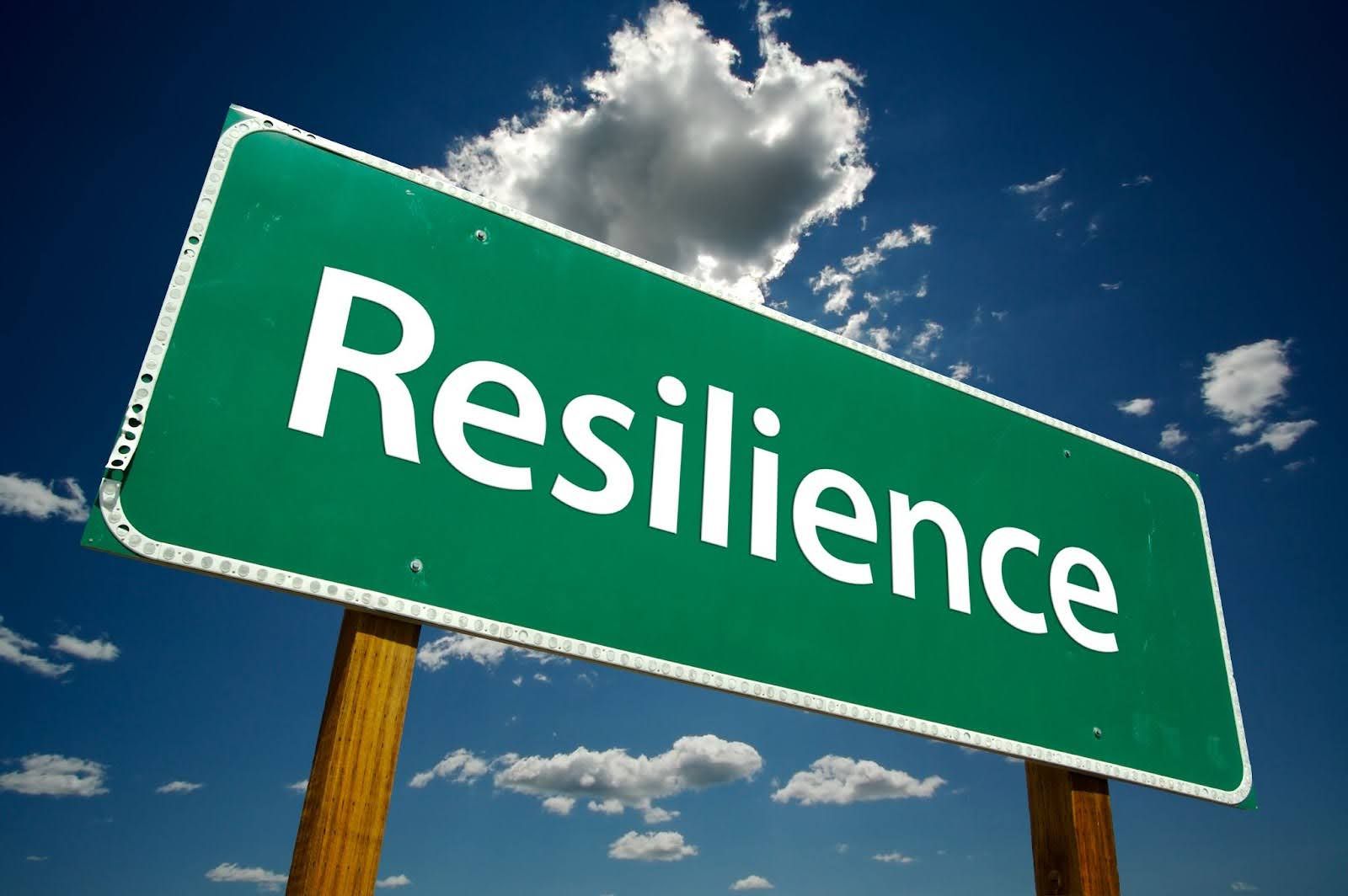The Science of Love: How Relationships Affect Mental Health
Love is lauded as one of the most complex and rewarding emotions, but did you know its impact extends far beyond warm feelings and fluttery hearts? From the bonds we form as children to the dynamics of our adult romantic relationships, love significantly influences our mental health.
Understanding the intricate connection between love, relationships, and emotional well-being can empower you to cultivate healthier dynamics and stronger bonds. Whether you're a psychology enthusiast, someone navigating the ups and downs of love, or curious about how relationships shape your mental health, this post dives deep into the science of love and its effects.
The Role of Attachment Styles in Mental Health
At the core of how we love and connect lies our attachment style—behavior patterns developed in early childhood that influence the way we interact with others in adulthood. These styles shape how secure—or insecure—we feel in relationships and play a critical role in emotional regulation and mental health.
Secure Attachment
People with secure attachment styles feel safe and confident in relationships, navigating intimacy and independence with balance. They tend to have lower levels of anxiety, leading to better emotional regulation and relationship satisfaction. Securely attached individuals often enjoy stable relationships, which serve as emotional anchors. This security promotes lower stress levels, higher self-esteem, and a reduced risk of mental health issues like depression.
Anxious Attachment
Those with anxious attachment crave closeness but fear rejection or abandonment. This often results in overthinking, clinginess, or heightened sensitivity to perceived emotional threats. Frequently feeling on edge in relationships can lead to chronic stress, anxiety, and self-doubt. Individuals may also experience difficulty regulating emotions, compounding mental health struggles.
Avoidant Attachment
Avoidant individuals value independence and may find emotional intimacy uncomfortable. They might distance themselves when feelings become overwhelming or partners demand closeness. While they may appear self-reliant, avoidant individuals often experience suppressed emotions and a hidden sense of loneliness, which can lead to emotional detachment and difficulties creating meaningful connections.
Disorganized Attachment
A mix of anxious and avoidant tendencies, disorganized attachment often stems from unresolved trauma or unstable early relationships. Individuals may exhibit conflicting behaviors, simultaneously craving connection and pushing it away. This attachment style is closely linked to higher propensities for mental health disorders such as PTSD, depression, and anxiety. Understanding the patterns and seeking help can pave the way for healing.
What Relationship Stressors Teach Us
Conflict is inevitable in any relationship, but how conflicts are handled can be the difference between greater closeness and emotional harm. Stressors like poor communication, unmet expectations, and over-dependence can heavily strain relationships.
Common Stressors in Relationships:
Lack of Effective Communication: Misunderstandings can escalate when needs and feelings aren’t openly discussed.
Neglected Boundaries: Overstepping or ignoring personal boundaries can lead to resentment or feelings of being suffocated.
External Pressures: Financial struggles or familial discord often spill into relationships, creating additional tension.
Unhealed Trauma: Past emotional wounds from childhood or previous relationships often resurface and impact current connections.
Recognizing these patterns highlights areas for personal and relational growth. At its best, love fosters security, boosts self-esteem, and provides emotional support even in the face of challenges. At its worst, unhealthy relationships can harm your mental health and destabilize your emotional well-being.
Whether you’re starting fresh or reflecting on past connections, understanding how relationships affect your mental health is a key step towards creating stronger, healthier bonds.
Need guidance on navigating emotional triggers or improving your relationships? At Vital Psych MD, our team offers personalized mental health support. We specialize in helping individuals and couples develop tools for stronger emotional regulation and healthier relationships.
Book a session with us today!










Connect With Us
PHONE
BUSINESS HOURS
Monday to Friday 9 am - 5 pm EST

We provide high quality comprehensive mental heath care to individuals ages 6 and up. The company was founded by Dr. Kalvin Kapoors in 2022 in Miami, FL and is now able to offer services in several states in the US with sattlite offices in NYC and Austin, Texas.
Vital Psych MD Miami
66 West Flagler Street, Suite 900,
Miami, Florida 33130, United States
Vital Psych MD New York
167 Madison Avenue, Suite 205,
New York, New York 10016, United States
(347) 676-0093
